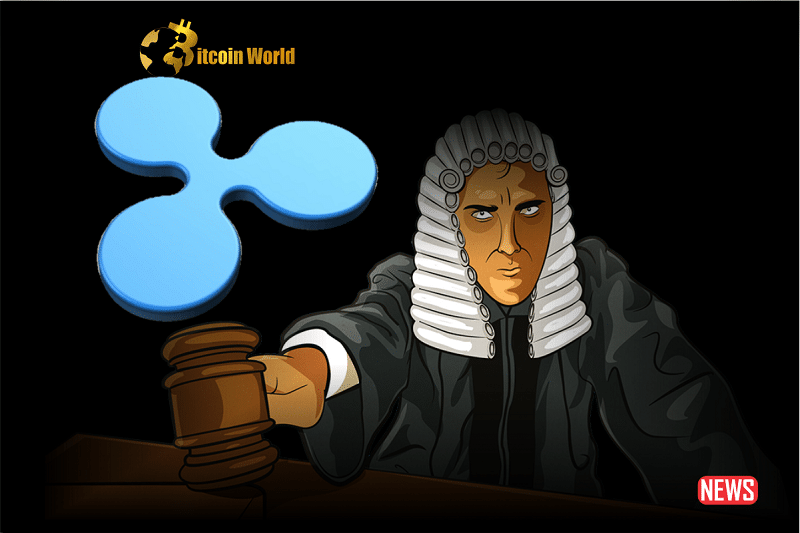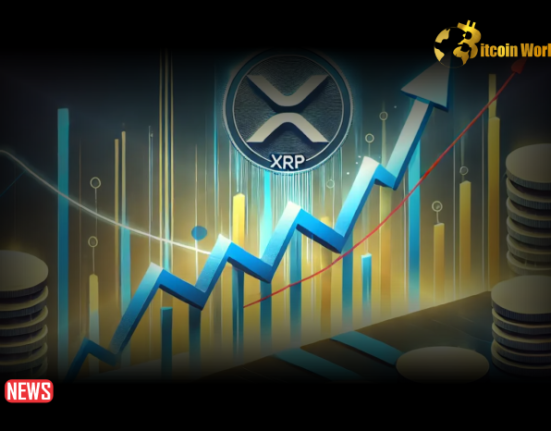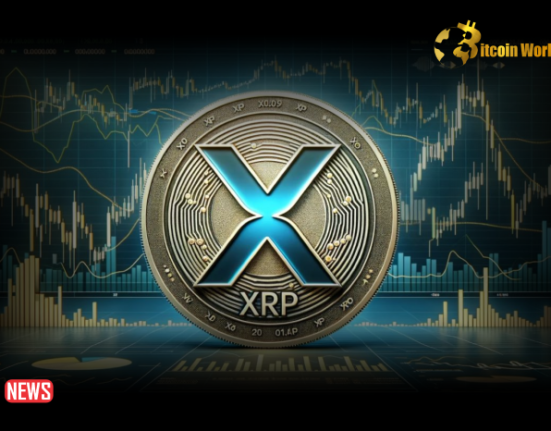In a significant development, a US federal judge has ruled in favour of Ripple Labs in the ongoing Securities and Exchange Commission (SEC) lawsuit, alleging that the San Francisco-based blockchain developer conducted unregistered security offering with its XRP token.
In response to requests from both Ripple and the SEC for summary judgment, the court determined that Ripple’s institutional sales of XRP constituted an unregistered securities offering, while programmatic sales did not. This ruling marks a crucial distinction in the court’s evaluation of the XRP token’s legal status.
The court’s decision emphasized that the economic reality of Ripple’s programmatic sales did not meet the criteria of the Howey test, which defines an investment contract. It highlighted that most individuals who purchased XRP from digital asset exchanges did not invest in Ripple. Institutional buyers, on the other hand, knowingly purchased XRP directly from Ripple and were considered part of a common enterprise tied to the success of other institutional buyers.
While the SEC’s motion for summary judgment was granted regarding institutional sales, the court denied it on other aspects. Ripple’s motion for summary judgment was granted regarding programmatic sales, other distributions, and the sales made by Brad Garlinghouse and Chris Larsen.
Notably, the court ruled that the SEC does not need to prove that Larsen and Garlinghouse were aware of Ripple’s violations, but rather considered the disputed facts surrounding the case. This ruling acknowledges the complexity of the situation and leaves room for interpretation.
The ruling comes after a three-year legal battle and could set a precedent for future token classification cases. Ripple co-founder Brad Garlinghouse responded to the ruling, expressing confidence that Ripple was on the right side of the law and would be on the right side of history.
The role of the “Hinman documents” – internal SEC drafts and emails related to a former director’s speech – was also highlighted during the legal proceedings. The documents suggest a potential conflict of interest and raise questions about the SEC’s selectivity in targeting projects. However, the true impact of these documents on the outcome remains unclear.
Following the ruling, there may be potential changes in the SEC’s approach to token classification and enforcement actions. The outcome of the Ripple case could have implications for other cryptocurrencies and token issuers, shaping future regulatory decisions in the crypto industry.














